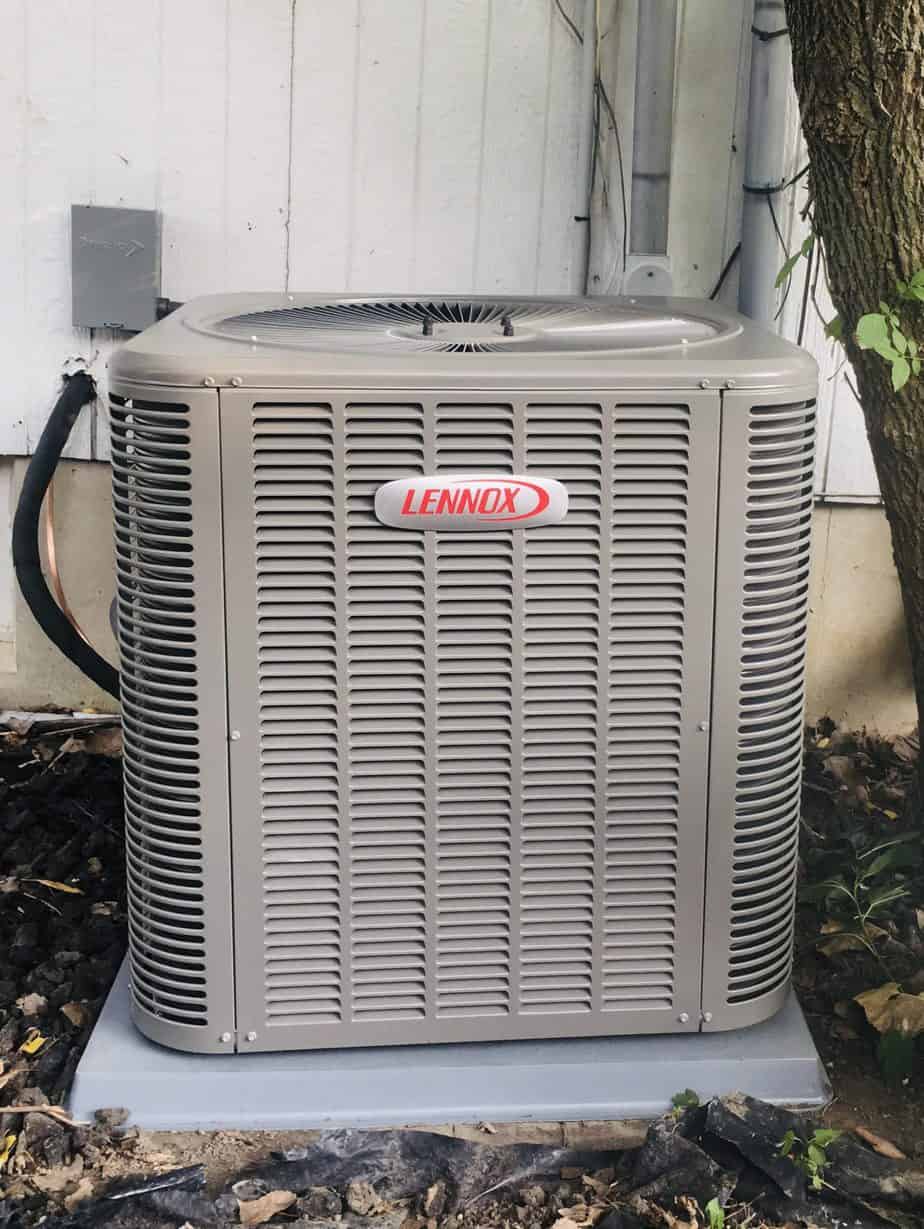As homeowners increasingly looking for additional sustainable and cost-effective solutions for their heating and cooling needs, geothermal heating and cooling systems have emerged as a strong option. These advanced systems utilize the earth's natural energy to provide both heating and cooling, offering a unique alternative to conventional HVAC setups. However are air conditioning service ?
In this article, we will explore the fundamentals of geothermal HVAC systems, exploring how they operate and comparing their advantages and drawbacks. We will also discuss important considerations for homeowners contemplating this technology, alongside practical tips for maximizing energy efficiency and indoor comfort. Whether you are new to HVAC concepts or seeking upgrade your existing system, this guide will provide insightful insights into the benefits of geothermal energy in your home.
Comprehending HVAC Fundamentals
Heating, Ventilation, and Air Conditioning stands for heating, providing ventilation, and air conditioning, which is a system designed to provide comfortable temperatures and satisfactory quality of air indoors in residential and business buildings. Understanding https://grimes-zhao.federatedjournals.com/innovative-hvac-solutions-for-compact-apartments is crucial for property owners and building managers alike, since it consists of various components working together to regulate the climate within a location. The heating aspect typically includes heating units or heat pumps, while the cooling is provided by air conditioning units systems. Ventilation is key for ensuring that clean air circulates, which can also help in controlling humidity levels and enhancing the quality of air indoors.
Each component of an HVAC system has a specific function in maintaining a comfortable atmosphere. The heating mechanisms, whether gas, electric, or geothermal energy, heat the space during colder months. Air conditioning units cool the space in the summer months, typically using cooling agents to take in heat indoors. Proper ventilation setups are essential for eliminating contaminants and securing a consistent flow of air, thereby contributing to a healthier living environment. Understanding how these elements work together can help homeowners diagnose issues and appreciate their importance.
To maximize the HVAC systems, understanding of their functionality and upkeep is required. Regular upkeep activities, like changing filters and scheduling regular check-ups, can prevent frequent issues and extend the system's lifespan. Property owners should also be conscious of energy efficiency standards and the possible benefits of upgrading smarter systems, which can lead to large savings on energy bills. Familiarity of HVAC fundamentals not only enhances comfort but also fosters a proactive approach to managing one's home.
HVAC Maintenance Essentials
Consistent maintenance is essential for ensuring your HVAC system running efficiently and extending its lifespan. A serviced system not only offers efficient heating and cooling but also lowers the risk of unforeseen breakdowns. Start with routine inspections to check possible wear and tear. Replace or clean air filters every 1-3 months, depending on usage and filter type. Clean filters improve airflow and indoor air quality, which can help in reducing allergies and health issues.
In conjunction with regular filter maintenance, ensure that the outdoor unit is clear of debris and vegetation. This allows for proper airflow and avoids overheating. Arranging seasonal tune-ups with a certified technician can also catch potential problems that might lead to higher repair costs down the line. During these inspections, technicians typically check refrigerant levels, clean evaporator and condenser coils, and ensure that all electrical components are working properly.
Lastly, be sure to track your system's performance throughout the season. Keep an eye on strange noises or fluctuations in efficiency, and address any issues promptly. This forward-thinking approach ensures not only the longevity of your HVAC system but also helps preserve a comfortable indoor environment while potentially lowering your energy bills.

Examining Geo-thermal Choices
Geothermal HVAC systems exploit the constant temperatures located below the Earth's surface to provide efficient heating and chilling for residences and enterprise structures. By utilizing a network of below-ground pipes, these systems exchange heat with the soil, significantly minimizing the energy required for interior climate control. This renewable energy source not just supports green practices but also delivers sustained cost savings on energy bills, rendering it an attractive choice for environmentally conscious consumers.
One of the main advantages of geothermal systems is their performance. Compared to standard heating and cooling techniques, geo-thermal systems can be up to four times more efficient, as they transfer heat rather than produce it. This effectiveness results to reduced utility costs and a reduced carbon footprint, which is appealing in an era of increasing energy prices and growing awareness of climate change. Additionally, geo-thermal systems generally require not as much maintenance than conventional HVAC units, leading to their sustained reliability and performance.
However, the initial investment for geo-thermal HVAC systems can be significant, due to the costs connected with installation and the essential ground loops. Homeowners must consider the upfront expense against potential energy savings and government incentives for sustainable energy systems. Over time, the ROI can turn geothermal systems valuable, particularly for those intending to live in their homes for many years. As technology progresses and costs incrementally decline, geo-thermal HVAC options will likely become even more feasible for a wider group.
